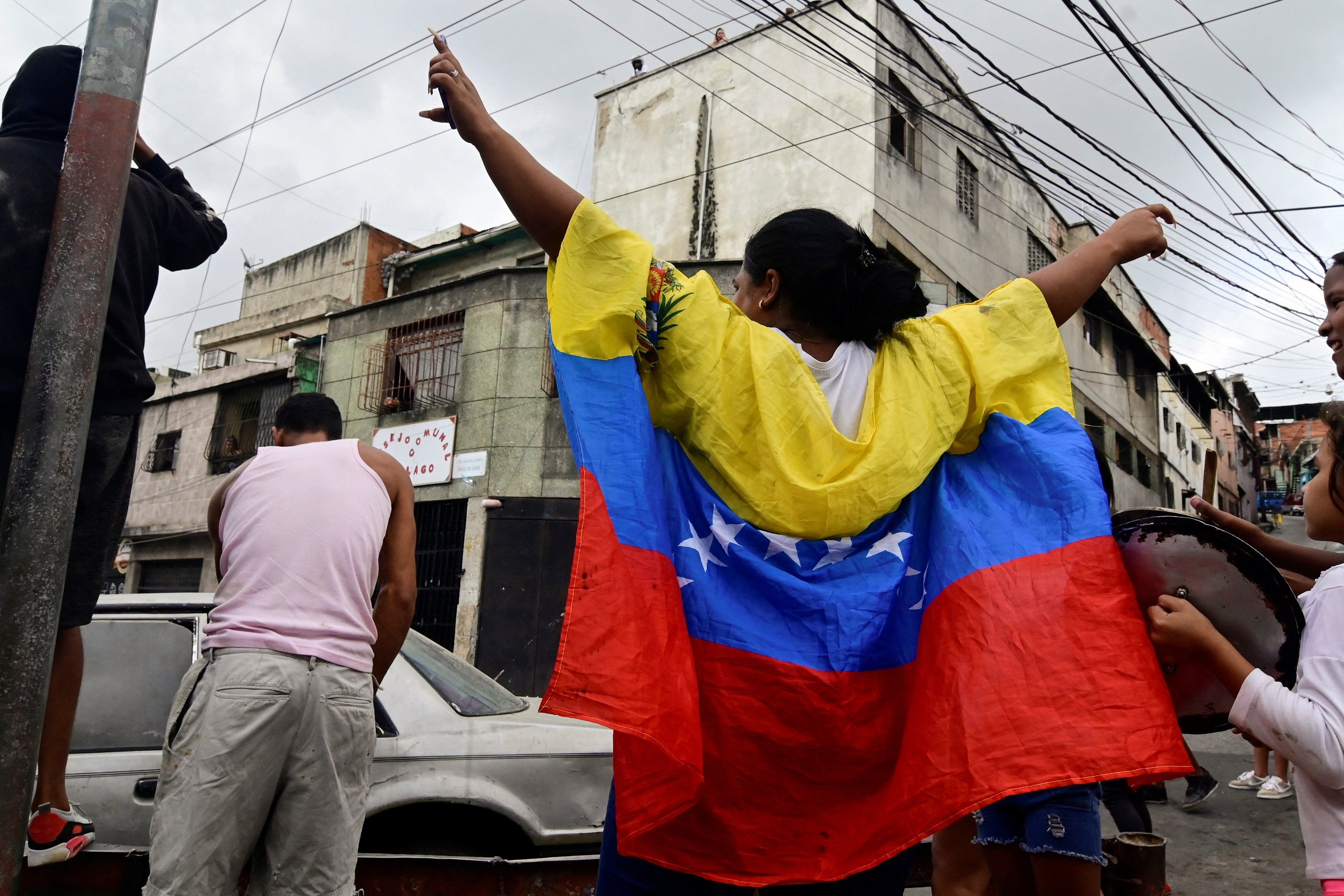The results of Venezuela’s presidential election are being disputed, with both
President Nicolás Maduro and his opponent,
Edmundo González Urrutia, claiming victory. Venezuela’s National Electoral Council, or CNE, on Monday formally declared that Maduro won with around
51% of the vote.
The CNE, which is aligned with Maduro, said that González received 44% of the vote. But the opposition and a number of world leaders aren’t buying it, and independent exit polls suggested González defeated Maduro — an authoritarian who oversaw an economic decline in the oil-rich nation — by a sizable margin.
“The Venezuelans and the entire world know what happened,” González said, though he asked his supporters to remain calm and so far there have not been mass demonstrations.
Opposition leader María Corina Machado, who was banned from running by Maduro’s government, said it was “impossible” that the president won based on tallies the campaign received from roughly 40% of voting centers.
Secretary of State Antony Blinken on Monday said the US had “serious concerns that the result announced does not reflect the will or the votes of the Venezuelan people,” and called on election officials to publicly release “detailed” vote tabulations.
We’ll be watching to see if the CNE publishes the tallies, and whether isolated incidents of violence and small protests linked with the results spread.
But it will be surprising if the CNE releases “detailed polling data that dispels international doubts,” says Risa Grais-Targow, an expert on Venezuela at Eurasia Group.
